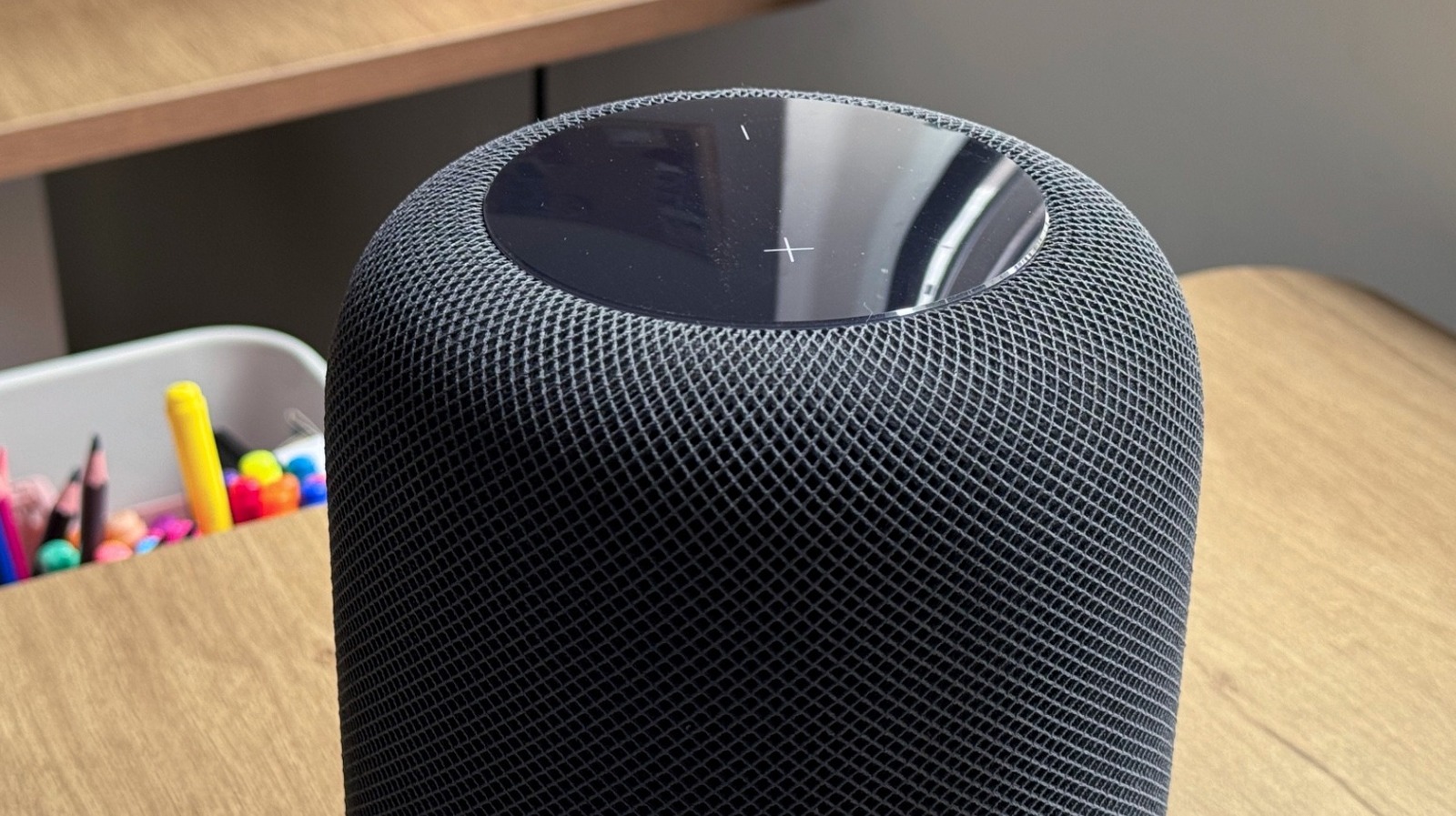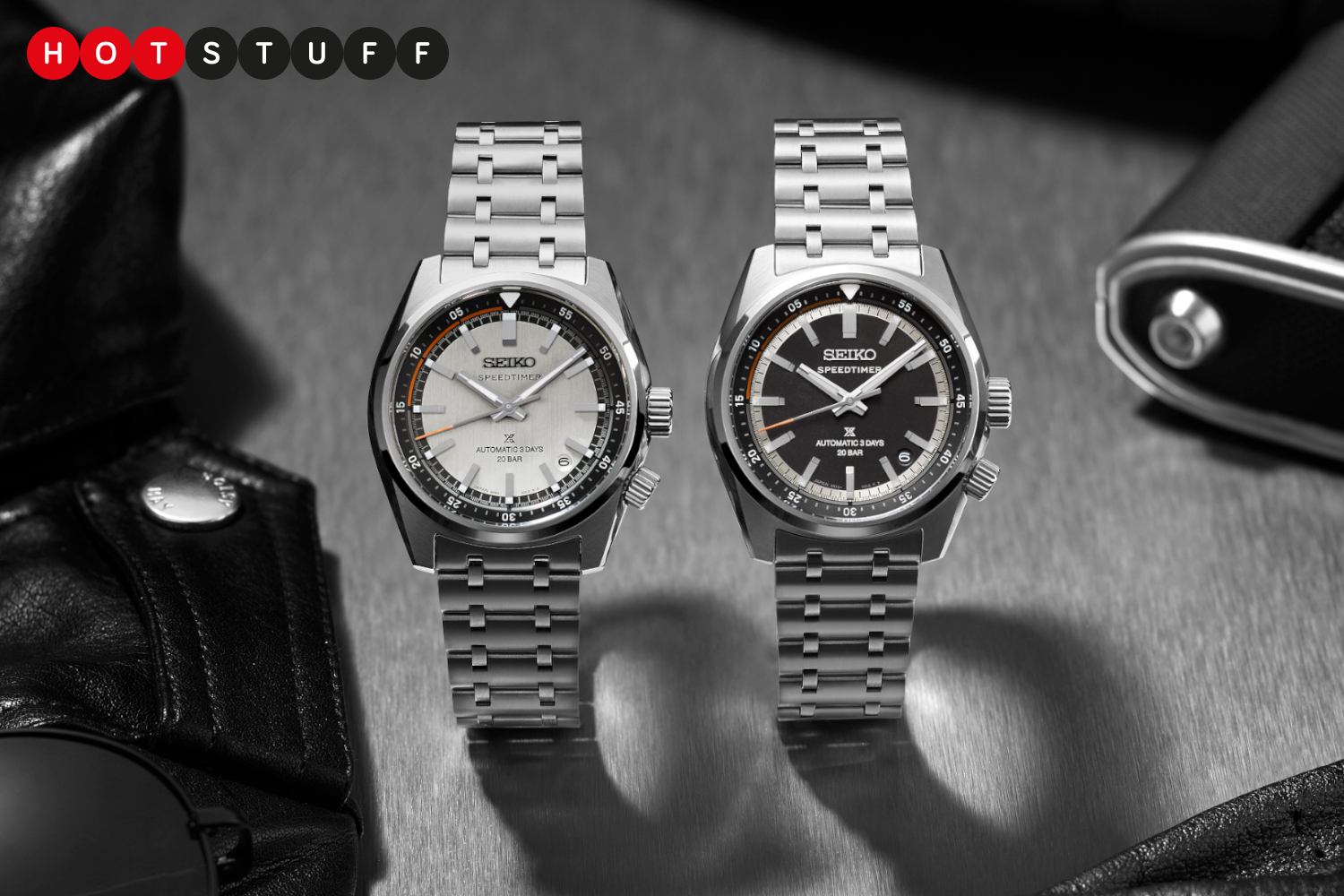Verdict
At less than half the price of leading rivals like the Insta360 X5 and GoPro Max, the Akaso 360 is an entry-level 360 camera – but don’t let that put you off. While its lack of a rugged build and its finicky touchscreen are concerns, this camera punches well above its weight on performance and ease of use, and delivers good image quality in the right conditions. For casual users or first-time 360 shooters, it’s an easy recommendation.
-
Makes creating 360 videos very simple -
Half the price of the top 360 cameras -
Decent battery life
-
Not fully waterproof or rugged -
Fussy touchscreen -
Poor image quality in low light
Key Features
-
Review Price: £199 -
Twin 1/2-inch sensors
Capturing 5.7K 30p 360 video or 72MP 360 photos -
Compact build
109.8 x 46.9 x 30.8mm size and 180g weight -
Mobile and desktop apps
Simple keyframe-based editing and AI-assisted subject tracking
Introduction
Budget-friendly 360 cameras are rare, and most of the affordable options tend to cut corners in ways that make them tough to recommend. That’s what makes the Akaso 360 such an interesting prospect. It’s the brand’s first stab at a fully spherical shooter and, true to Akaso’s roots, it lands at a price that undercuts the usual suspects by a significant margin.
For less than half the cost of a GoPro Max or Insta360 X5, the Akaso 360 promises 5.7K 360-degree video, in-camera stitching and compatibility with mobile and desktop editing tools. It even has features like selfie stick removal, HDR photo modes and quirky creative options like TimeFusion.
As you might expect, there are a few compromises to swallow, but do they detract enough to make this a camera you should avoid? After a week of testing the Akaso 360, I’m ready to give you the lowdown.
Design and Handling
- 2.29-inch 480 x 800 touchscreen
- USB-C port
- Splash-resistant build
The Akaso 360 looks and feels a lot like the celebrated Insta360 X series. It’s slim and rectangular, with fisheye lenses on either face.
Build quality is decent, especially for the price. Nothing here screams premium, but the grey plastic shell feels robust enough for general use, and the compact form factor (it’s just 180g and smaller than a Snickers bar, even post-shrinkflation) means it’ll slip into a jacket or jean pocket without protest.


Control-wise, you get a small touchscreen on one side and a couple of physical buttons for power and recording. That’s it. There’s a microSD card slot tucked under a flap, alongside the battery slot, with support for cards up to 512GB.
Charging and image transfer is handled by a USB-C port, also protected by a flap – but it’s worth noting that, unlike the Insta360 X5, the Akaso 360 is not fully waterproof. It’s “splash-resistant,” meaning it might survive a rain shower, but you absolutely shouldn’t take it into a pool or the sea. There’s no IP rating, no rugged housing and no user-replaceable lenses. Drop it, scratch it or submerge it and you’re out of luck. In a category where many buyers expect some degree of action-readiness, I think that’s a limitation.


Still, I found that for casual, everyday shooting, the Akaso 360’s design is more than up to the task. It’s light, discreet and simple to operate, which makes it great for anyone new to 360 shooting.
That all sounds fine on paper, and mostly it is, but the touchscreen is a weak spot. In my time with the camera, it was often unresponsive to taps and swipes, making menu navigation and setting changes more of a chore than they should be. If Akaso wants to make this camera more competitive, improving the screen’s sensitivity would be a good place to start.
Features
- Auto-stitched 360 videos with invisible selfie stick
- Horizon-levelling electronic stabilisation
- 50-minute battery life with at least two batteries supplied
For a £200/$200 camera the feature list is genuinely impressive. The Akaso 360 captures 5.7K 30fps video using dual 1/2-inch sensors, automatically stitching the footage into seamless 360-degree video – no post-processing gymnastics required. There’s also 4K at a smoother 60fps if you’re happy with a lower-resolution export.
Stills can be shot at up to 72MP (or a more manageable 18MP) in both JPEG and DNG RAW formats, and there are several shooting modes beyond the standard video and photo. These include time lapse, HDR photo bracketing, loop recording and a fun mode called TimeFusion, which lets you appear in the same frame twice by blending stills from each lens.


As with many 360 cameras, a big part of the experience comes from the companion apps. Akaso provides both mobile and desktop editors, and I found them to be pretty good. You can trim, reframe and export videos with ease, using either manual keyframing or basic AI-assisted subject tracking. It’s not as advanced as what Insta360 offers, but it gets the job done without feeling like a tech support nightmare.
Footage is stored on a microSD card, and as with any 360 cam, file sizes can balloon fast. The Akaso 360 supports fast cards (UHS-I V30 or better), but wireless transfers are slow, maxing out at around 12MB/s. I have to say, it feels glacial if you’re moving a few minutes of 5.7K video. If you’re planning to shoot a lot of footage, a USB-C cable or a decent card reader will save you a lot of time.


You also get a built-in stereo mic. It’s usable for quiet environments or indoor scenes, but it doesn’t do well in wind, and there’s no external mic support. For serious content creators, that’s going to be a roadblock. But for casual vloggers or hobbyists, it’s not a deal-breaker.
Battery life is decent. I recorded roughly 50 minutes of continuous 5.7K footage before the battery gave out. That’s just short of Akaso’s claimed 60 minutes, but still very solid (especially as you get at least two batteries in the box). The camera did get warm during this stress test (and it was a hot day), but never overheated or shut down. That’s better thermal performance than some pricier rivals.
Image Quality
- 2 x 48MP CMOS sensors
- 5.7K 30p or 4K 60p recording for 1440p or 1080p output
If you’re expecting Insta360 X5 image quality here, you’ll be disappointed. The Akaso 360 is just not on that level, and at its price it’d be shocking if it was.
What it does offer is respectable performance in bright light. In sunny conditions, the camera produces sharp, vibrant footage that looks great on a phone screen and holds up well even when cropped or reframed. The automatic stitching is impressive too: the seams are usually clean and the built-in selfie stick removal works just as well as it does on more expensive rivals.
It’s in lower light where the cracks start to show. The 1/2-inch sensors just don’t have the dynamic range or low-light performance to avoid noise, and detail quickly degrades as digital noise creeps in. Even on overcast days, footage can take on a slightly smudgy look and colour reproduction becomes flatter.
Still photos tell a similar story. Shoot in good light, and the results are colourful and reasonably detailed. Shoot indoors or at dusk, and you’ll start to see image noise and motion blur.
That said, for the price, the Akaso 360 is doing a good job. Its core video output may not impress pixel peepers, but for social media sharing, travel clips or basic vlogging, it delivers. If your needs are modest, or your budget is tight, it’s hard to complain too much.
One thing I appreciated was how little post-processing was required to get shareable footage. I left the default colour and contrast settings untouched during testing, and most clips looked ready to upload straight from the app. That’s a big plus for users who don’t want to spend time fiddling about in Premiere Pro.
Should you buy it?
You want a great entry-level 360 camera
The Akaso 360 makes making good-looking 360 videos a cinch, doing all the stitching and levelling for you. And image quality is very solid if you’re capturing it in good lighting conditions.
You want an all-singing, all-dancing 360 camera
With no full waterproofing and poor performance in low light, the Akaso 360 has limitations you don’t find on the Insta360 X5.
Final Thoughts
The Akaso 360 doesn’t beat the best 360 cameras on the market. Instead, it carves out a more realistic niche: a well-built, easy-to-use and feature-complete 360 camera for less than half the price of the competition.
It gets the fundamentals right: video stitching works well; stabilisation is solid; editing tools are intuitive; battery life is good. And for the money, image quality is perfectly acceptable – provided you’re not planning on shooting after dark or indoors.
Of course, there are limitations. The unresponsive touchscreen is a minor but persistent annoyance. The lack of a rugged, waterproof build limits where you can confidently take it. And the aforementioned low-light performance is a weak spot. But those are trade-offs that make sense given the Akaso 360’s budget billing.
If you want the best possible image quality, or a camera that can survive rainstorms and mountain bike crashes, it probably isn’t for you. But if you just want to dip your toes into 360 video creation without emptying your bank account, it’s a surprisingly polished and capable option.
How We Test
We test every camera we review thoroughly. We use set tests to compare features properly and we use it as our main device over the review period. We’ll always tell you what we find and we never, ever, accept money to review a product.
- Tested indoors and outdoors in bright and dark conditions
- Tested for three weeks
Test Data
Full Specs
| Akaso 360 Review | |
|---|---|
| UK RRP | £199 |
| USA RRP | $199 |
| Manufacturer | – |
| Video Recording | Yes |
| IP rating | No |
| Battery | 1350 mAh |
| Size (Dimensions) | x x INCHES |
| Weight | 180 G |
| Release Date | 2025 |
| First Reviewed Date | 29/07/2025 |
| Lens | 7mm f/2.25 |
| Image stabilisation | Yes |
| Wi-Fi | Yes |
| Bluetooth | Yes |
| Number of Memory card slots | 1 |
| USB charging | Yes |











